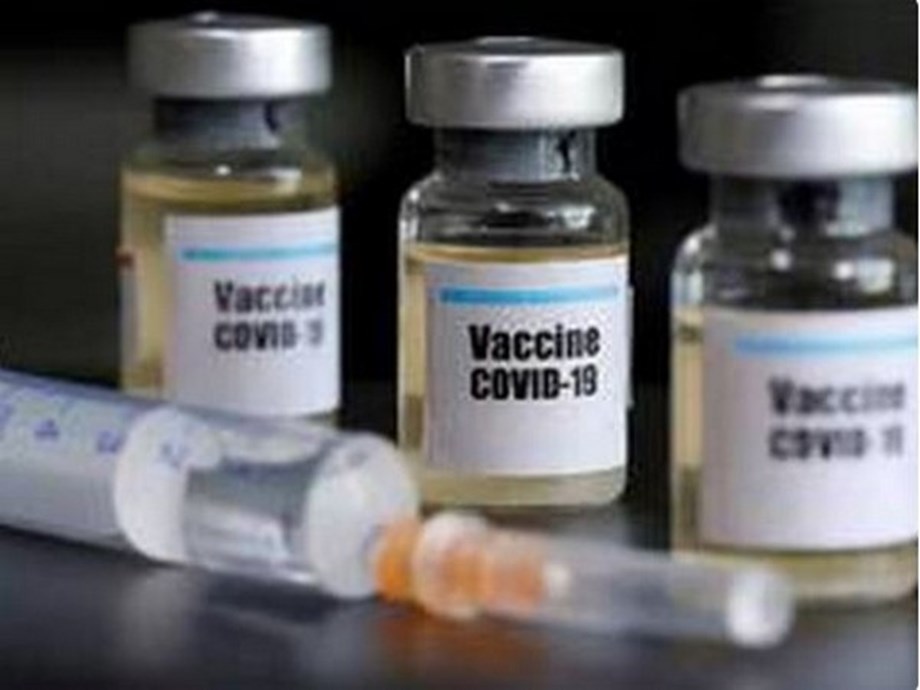Following is a summary of current science news briefs.
GeoVax vaccine targeting virus in two places shows promise; virus may become resistant to antibody drugs
The following is a summary of some recent studies on COVID-19. They include research that warrants further study to corroborate the findings and that has yet to be certified by peer review. Two vaccine targets on virus may be better than one
Galapagos tortoises belong to new species -nat’l park
Scientists have discovered that a type of giant tortoise present on one of Ecuador’s Galapagos Islands is not from the species it was previously thought to be, Galapagos National Park said. A study concluded that the giant tortoises living on San Cristobal island, previously identified as Chelonoidis chathamensis, correspond genetically to a different species, the park said in a statement late on Thursday.
California startup Astrolab unveils space rover, more than a mere ‘moon buggy’
A Los Angeles-area startup founded by a veteran spaceflight robotics engineer unveiled on Thursday its full-scale, working prototype for a next-generation lunar rover that is just as fast as NASA’s old “moon buggy” but is designed to do much more. The company, Venturi Astrolab Inc, released photos and video showing its Flexible Logistics and Exploration (FLEX) vehicle riding over the rugged California desert near Death Valley National Park during a five-day field test in December.
(With inputs from agencies.)


